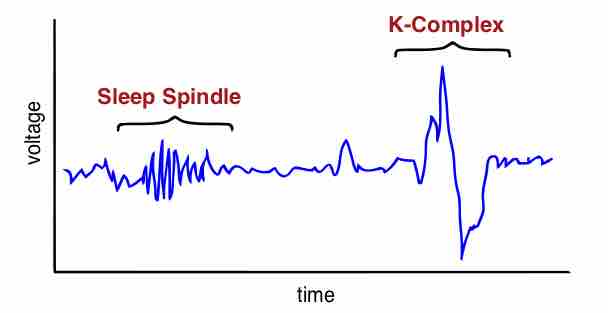Section 2
Sleep and Dreaming
Book
Version 11
By Boundless
By Boundless
Boundless Psychology
Psychology
by Boundless
5 concepts
Introduction to Sleep
Most adults need seven to nine hours of sleep to recuperate from physical exertion, as well as to consolidate learning and memory.

Circadian Rhythms
Circadian rhythms are physical, mental, and behavioral changes that respond to light and darkness and are important in determining human sleep patterns.

Stages of Sleep
Sleep proceeds through multiple cycles of non-REM (3 stages) and REM per night, with each full cycle lasting between 90 and 110 minutes.

Sleep-Wake Disorders
Sleep disorders cause sleep disturbances that affect the amount, quality, or timing of sleep or that induce abnormal events during sleep.

The Nature and Meaning of Dreams
Numerous theories, both psychological and neurobiological, have been proposed to explain the elusive mystery of the purpose of dreaming.